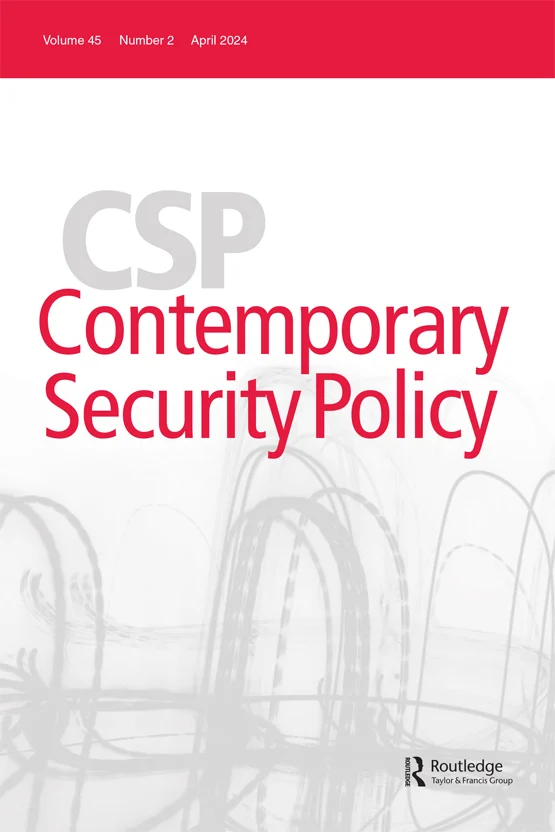《不扩散核武器条约》作为一个反脆弱的体系:争论如何改善不扩散制度
IF 5
1区 社会学
Q1 INTERNATIONAL RELATIONS
引用次数: 11
摘要
我们引入“反脆弱性”作为一个概念框架,以理解偶尔违反政权规范对各自政权健康的影响。与普遍认为违反规范是一种会破坏制度的消极现象相反,我们表明,在某些条件下,规范偏差是一种压力源,有助于主要的反脆弱系统学习、改进和适应内部和外部环境的变化。我们将这一概念框架应用于《不扩散核武器条约》制度的案例,以及20世纪70年代印度(作为“来自外部的争论”)和90年代伊拉克(作为“来自内部的争论”)对其不扩散准则的明显违反。我们的研究结果质疑了普遍存在的关于违反规范对政权稳定产生严格负面影响的灾难性叙述,并有助于当代关于《不扩散核武器条约》内规范动态的学术辩论。本文章由计算机程序翻译,如有差异,请以英文原文为准。
NPT as an antifragile system: How contestation improves the nonproliferation regime
ABSTRACT We introduce “antifragility” as a conceptual framework to understand the impact of occasional violations of regime norms on the health of respective regimes. Contrary to the prevailing understanding of norm violation as a strictly negative phenomenon that leaves regimes damaged, we show that normative deviance is, under certain conditions, a stressor that helps predominantly antifragile systems learn, improve, and adapt to changes in both internal and external environments. We apply this conceptual framework to the case of the NPT regime and the prominent violations of its nonproliferation norms by India in the 1970s (as a “contestation from outside”) and Iraq in the 1990s (as a “contestation from within”). Our findings question the prevailing catastrophizing narrative about the strictly negative impact of norm violations on regime stability and contribute to contemporary scholarly debates about norm dynamics within the NPT.
求助全文
通过发布文献求助,成功后即可免费获取论文全文。
去求助
来源期刊

Contemporary Security Policy
Multiple-
CiteScore
14.60
自引率
6.80%
发文量
22
期刊介绍:
One of the oldest peer-reviewed journals in international conflict and security, Contemporary Security Policy promotes theoretically-based research on policy problems of armed conflict, intervention and conflict resolution. Since it first appeared in 1980, CSP has established its unique place as a meeting ground for research at the nexus of theory and policy.
Spanning the gap between academic and policy approaches, CSP offers policy analysts a place to pursue fundamental issues, and academic writers a venue for addressing policy. Major fields of concern include:
War and armed conflict
Peacekeeping
Conflict resolution
Arms control and disarmament
Defense policy
Strategic culture
International institutions.
CSP is committed to a broad range of intellectual perspectives. Articles promote new analytical approaches, iconoclastic interpretations and previously overlooked perspectives. Its pages encourage novel contributions and outlooks, not particular methodologies or policy goals. Its geographical scope is worldwide and includes security challenges in Europe, Africa, the Middle-East and Asia. Authors are encouraged to examine established priorities in innovative ways and to apply traditional methods to new problems.
 求助内容:
求助内容: 应助结果提醒方式:
应助结果提醒方式:


